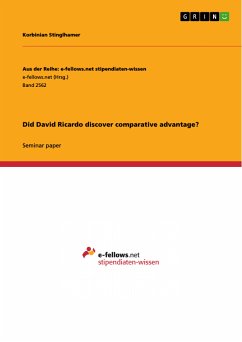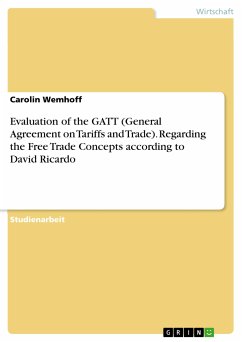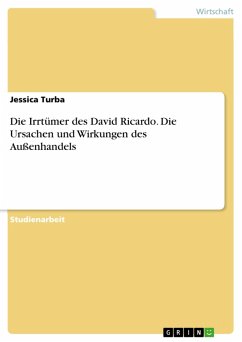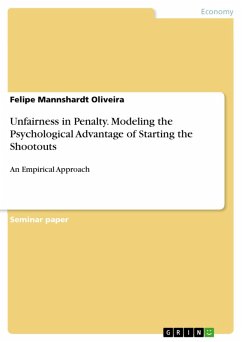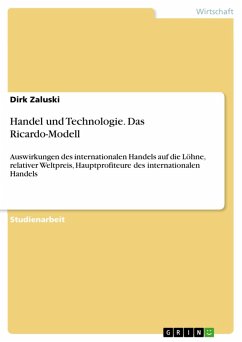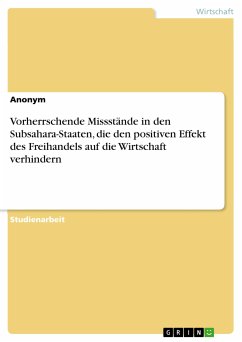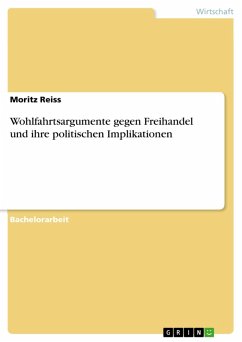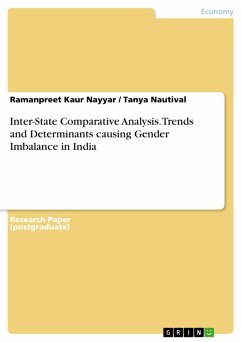Seminar paper from the year 2016 in the subject Economics - Foreign Trade Theory, Trade Policy, grade: 1,0, University of Wisconsin-Madison (Economics), course: Economics 305/History of Science 305: Development of Economic Thought, language: English, abstract: This paper examines if the law of comparative advantage really was discovered by David Ricardo. It investigates the arguments against and for David Ricardo's discovery made by three modern authors, Thweatt (1976), Ruffin (2002), and Gehrke (2015). It analyzes and evaluates the argumentation made by these authors in order to identify the most compelling interpretation of Ricardo's discovery. Thweatt argues that Ricardo's writing about comparative advantage was probably not his own. Thweatt claims that Ricardo probably took the concept of comparative advantage from Mill. In contrast, Ruffin states that there is evidence that Ricardo very well discovered comparative advantage on his own. Ruffin's key evidence for this argumentation are three letters, which should indicate that Ricardo worked out comparative advantage during October 1816. Finally, Gehrke claims that Ruffin's interpretation of the three letters is not solid. According to Gehrke, there is no evidence that Ricardo really worked out comparative advantage.
Dieser Download kann aus rechtlichen Gründen nur mit Rechnungsadresse in A, B, BG, CY, CZ, D, DK, EW, E, FIN, F, GR, HR, H, IRL, I, LT, L, LR, M, NL, PL, P, R, S, SLO, SK ausgeliefert werden.

